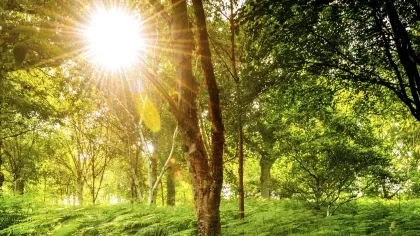Our mission and priorities
Our mission at Kew Gardens and Wakehurst is to understand and protect plants and fungi, for the wellbeing of people and the future of all life on Earth.

Earth is the only planet in the universe that we know for certain supports life.
Yet that life is in crisis.
The unprecedented rate of degradation means we are living through an age of extinction. We know the next decade is critical to reverse this trend.
Our aspiration is to end the extinction crisis and help create a world where nature is protected, valued and managed sustainably.
In March 2021, we launched our 10-year strategy to deliver our mission to protect plants and fungi for the future of all life on Earth.
In Our manifesto for change we have made five commitments to make a significant and substantial contribution to tackling global challenges.
1. Deliver science-based knowledge and solutions to protect biodiversity and use natural resources sustainably
Our scientists will identify and strive to protect species of plants and fungi globally, as well as revealing those that could be new sources of food, medicine, fuel or materials.
-
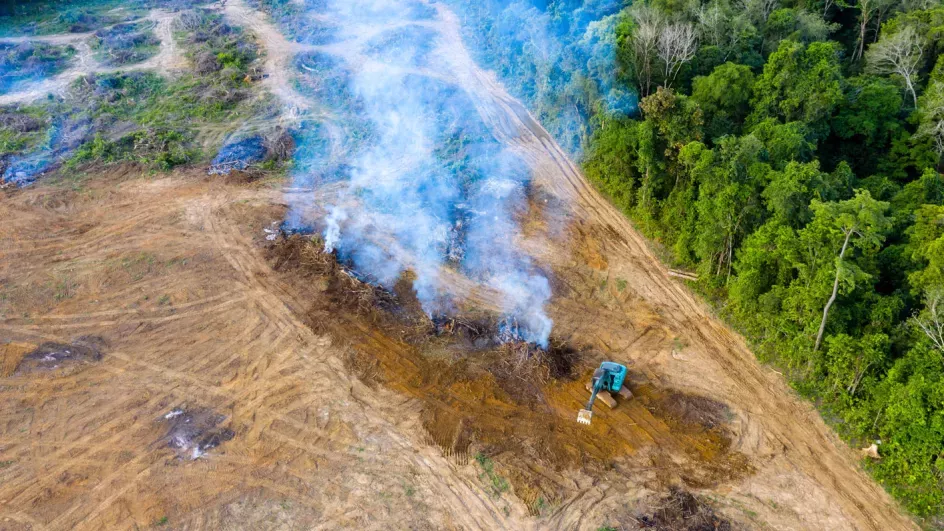
Science Strategy
We have an ambitious plan to help stop biodiversity loss and develop sustainable nature-based solutions to some of our biggest global challenges
-

Science Collections Strategy
A key priority is to digitise our collections, starting with our 8.25 million preserved plant and fungal specimens, and 200,000 botanical illustrations.
2. Inspire people to protect the natural world
We will promote and provide access to knowledge, ideas and beautiful gardens that motivate individuals to be advocates for nature.
-

New garden attractions
We will create a new public science engagement centre, and a ‘Carbon Garden’ at Kew, and undertake a major revisioning of the Palm House.
-
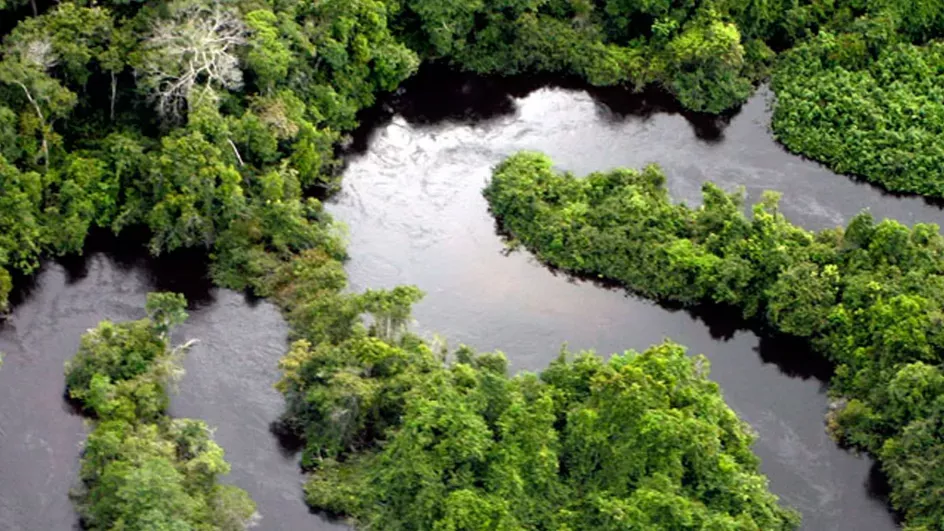
Inspiring storytelling
We will bring together scientists, horticulturists and artists to enrich our storytelling around sustainability and biodiversity.
3. Train the next generation of experts
The world needs brilliant scientists and horticulturists. We commit to training students from the UK and around the world.
-

Growing our programmes
We will significantly expand our PhD, MSc and diploma programmes, as well as our apprenticeships and short courses.
-
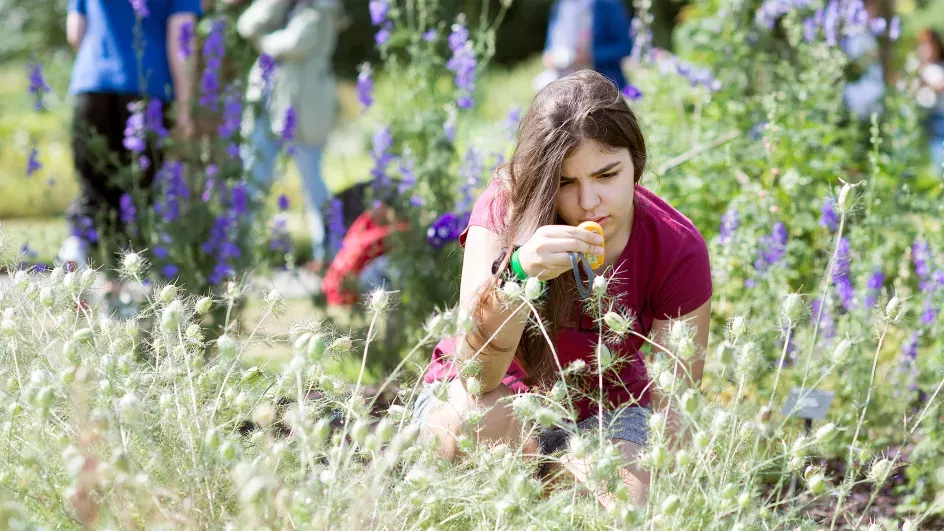
New learning opportunities
We will develop new learning centres at Kew Gardens and Wakehurst, and equip young people across the UK with knowledge and skills, through programmes such as Endeavour.
-
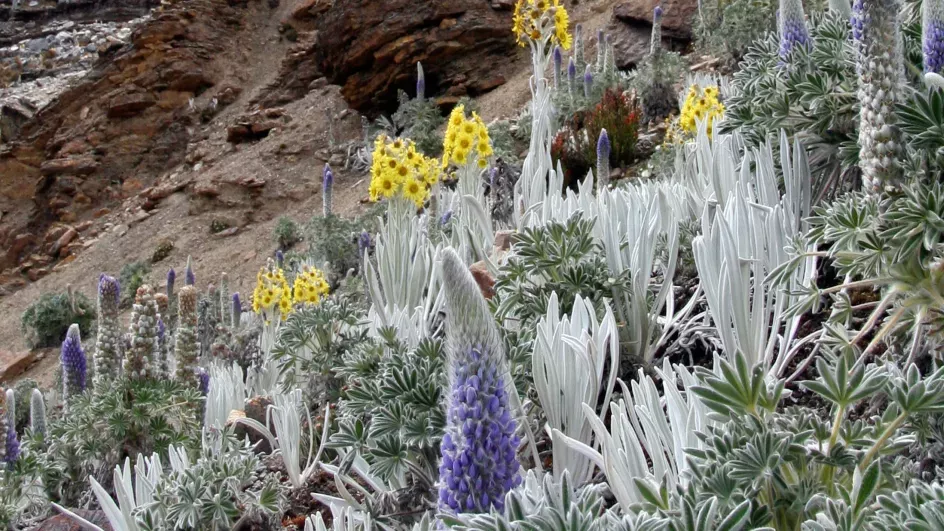
Sharing our knowledge
We will strengthen capacity in the most biodiverse tropical countries by sharing our expertise and collections.
4. Extend our reach
Royal Botanic Gardens, Kew is a public body and charity with global collections and influence. We must be for everyone, disseminating our knowledge and collections both physically and digitally for global benefit.
-
.jpg.webp?itok=oWcxdYjS)
Community Access Scheme
We will increase the number of visitors from under-represented communities, and extend our reach beyond the gardens.
-
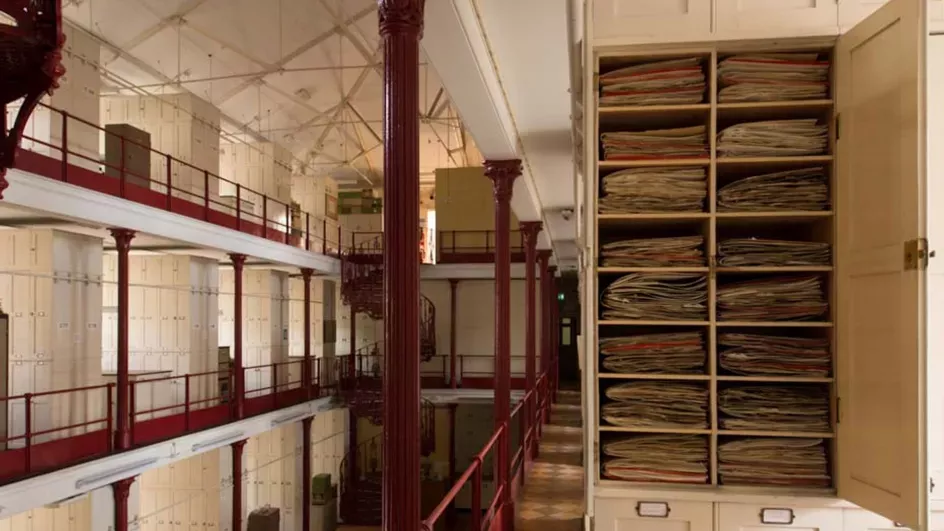
Re-examining the history of our collections
We will re-examine the history of our collections.
5. Influence national and international opinion and policy
We will speak with confidence and prominence to advocate policies aligned with our mission. We will be an exemplar of environmental responsibility in all that we do, including by exceeding net-zero carbon emissions to become Climate Positive by 2030.
-

Sustainability Strategy
We will lead by example and be an advocate for environmental responsibility.
-

Kew and the UN Sustainable Development Goals
We will work with the governments in the UK and around the world to shape and support global work to protect nature.
-
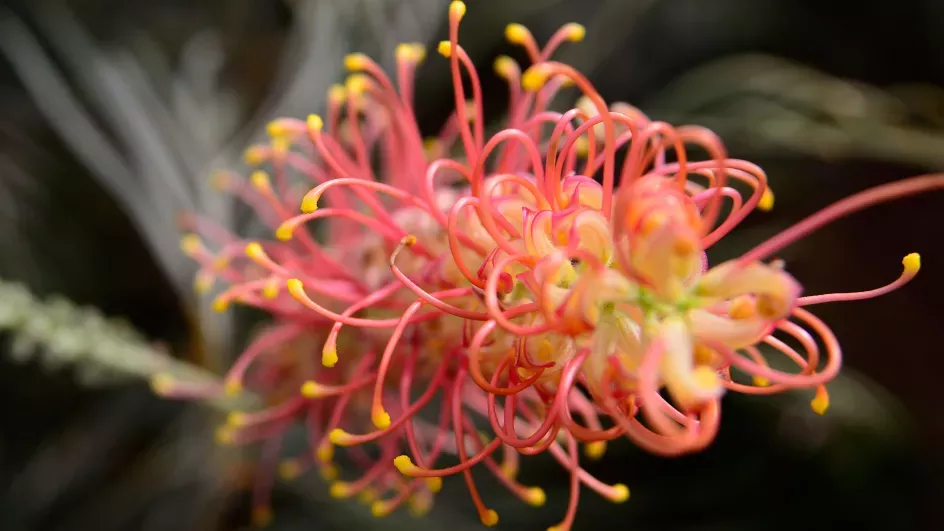
Kew International Medal
We will use our voice to call for an end to biodiversity loss and for natural habitats to be restored.
-
.jpg.webp?itok=Qylk_3Dg)


